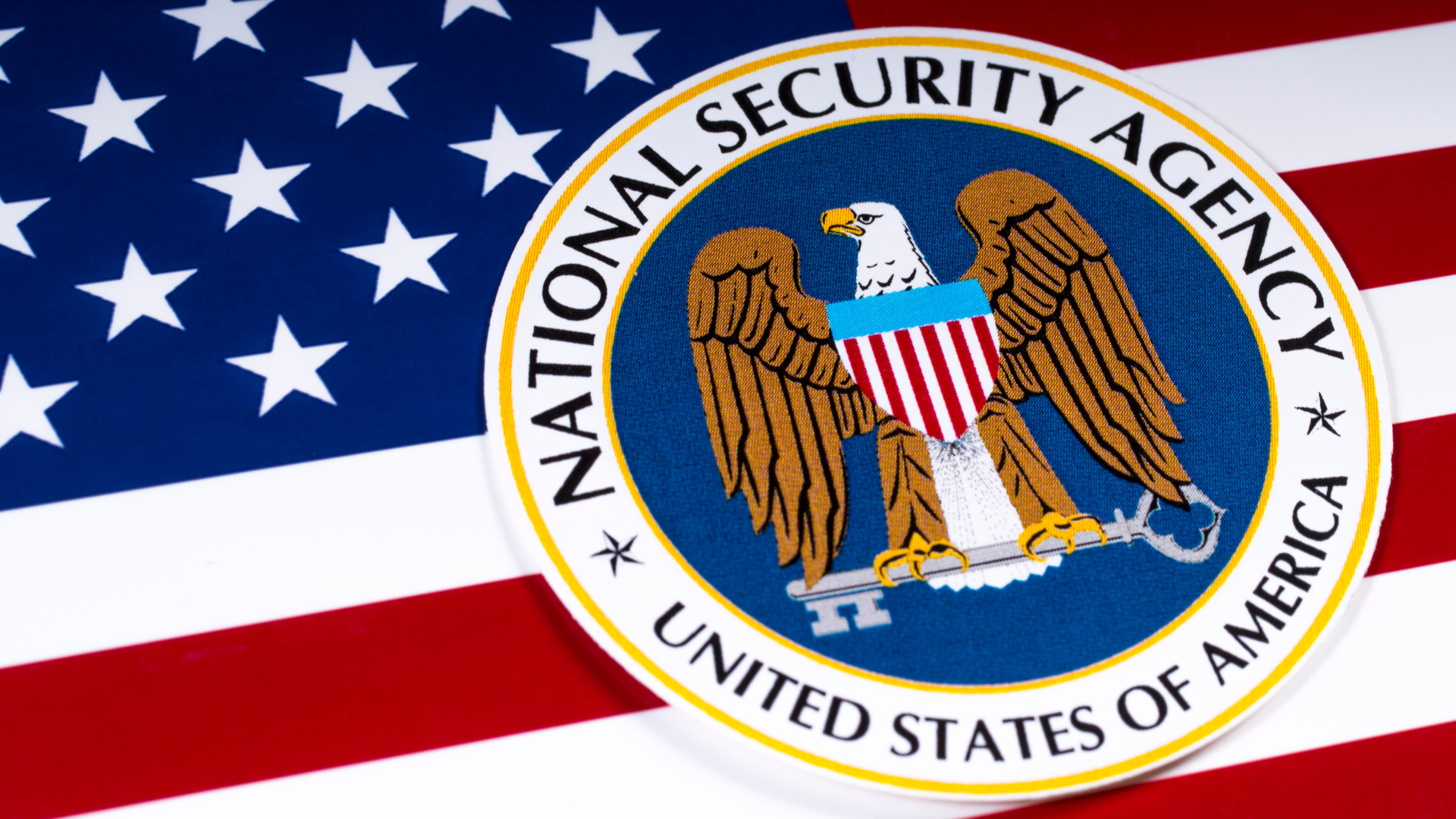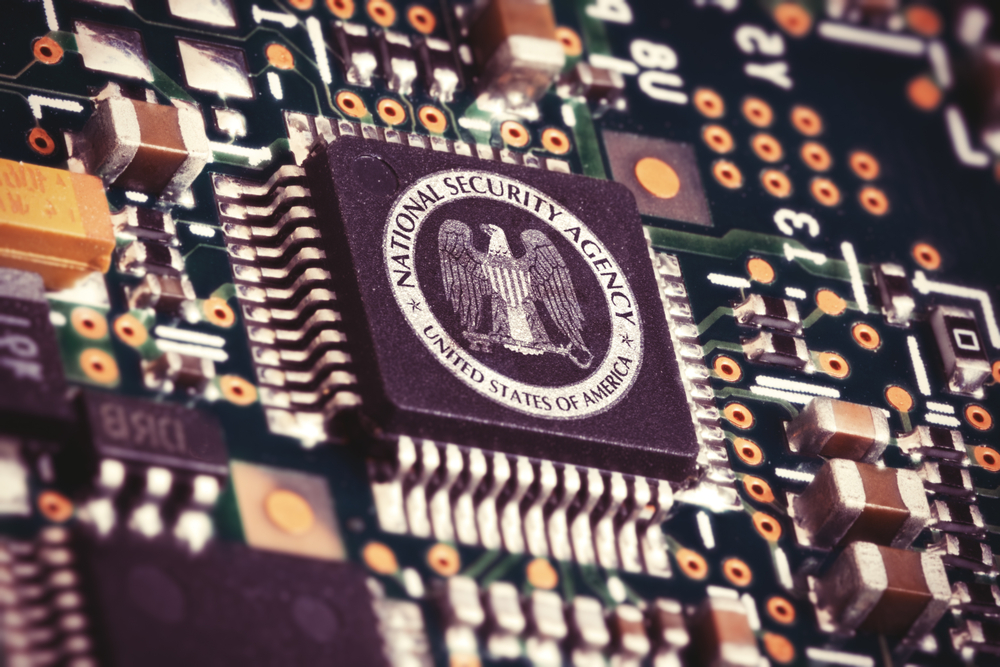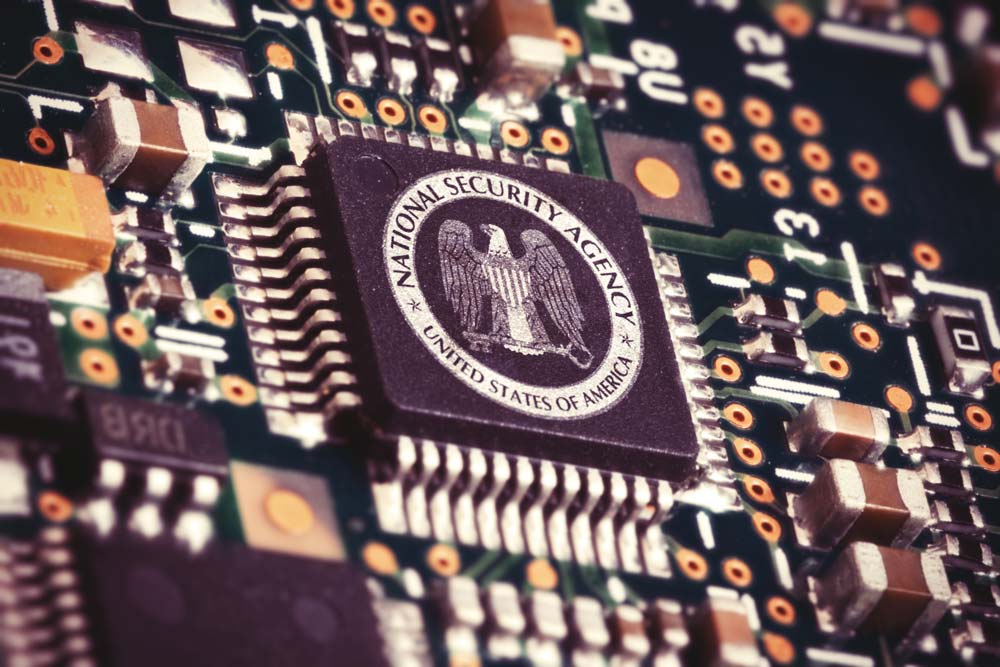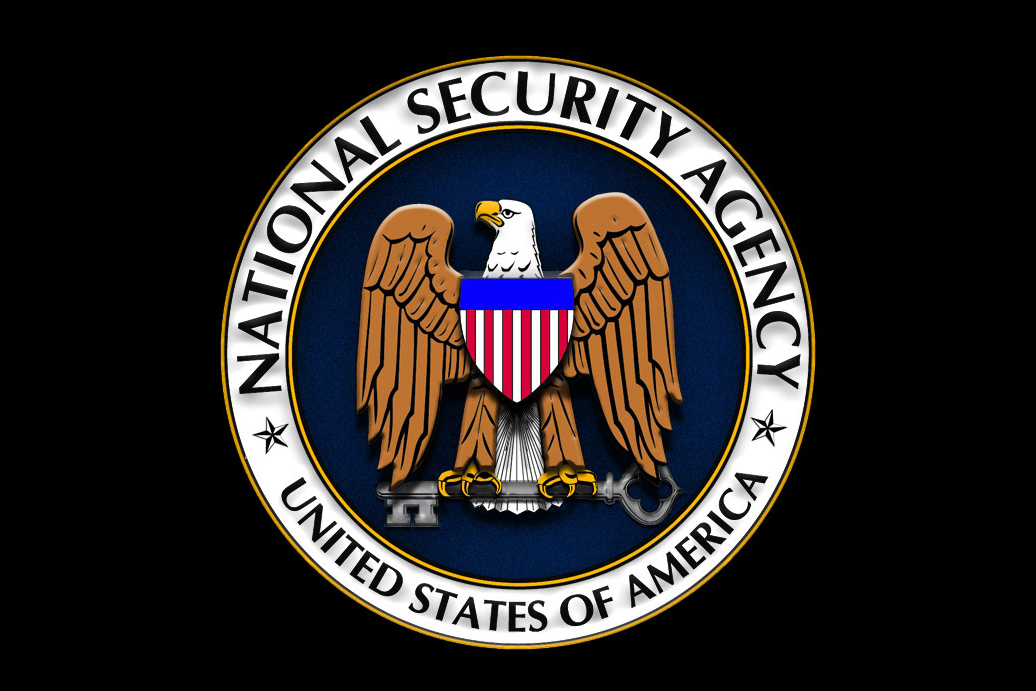NSA intercepted international shipments of computer hardware
Government agency secretly installed surveillance equipment in company routers, switches and servers


The NSA has been intercepting shipments of routers, switches and servers in order to hide their surveillance equipment, according to the people who exposed the agency's secret Prism spy project.
Journalist Glenn Greenwald made the revelations to a number of news sources while promoting his new book "No Place to Hide", which details more of the state secrets Edward Snowden revealed to him.
A June 2010 report from the head of the NSA's Access and Target Development department explains how the NSA would intercept packages, he alleges. The agency would then install surveillance equipment before resealing the packages so the changes were undetectable. The shipments would then be sent abroad.
When the equipment was finally received and installed it would then connect back to the NSA. The report states: "In one recent case, after several months, a beacon implanted through supply-chain interdiction called back to the NSA covert infrastructure. This call back provided us access to further exploit the device and survey the network."
The Guardian reports that for years the US government had warned companies not to trust Chinese routers manufactured by companies such as ZTE and Huawei because they "are built with backdoor surveillance functionality that gives the Chinese government the ability to spy on anyone using them."
The committee behind the claims explained that "private-sector entities in the United States are strongly encouraged to consider the long-term security risks associated with doing business with either ZTE or Huawei for equipment or services. Based on available classified and unclassified information, Huawei and ZTE cannot be trusted to be free of foreign state influence and thus pose a security threat to the United States and to our systems."
This led to Huawei eventually abandoning the US market. If Greenwald's claims are true, it now seems the US government was doing exactly the same.
Get the ITPro daily newsletter
Sign up today and you will receive a free copy of our Future Focus 2025 report - the leading guidance on AI, cybersecurity and other IT challenges as per 700+ senior executives

Clare is the founder of Blue Cactus Digital, a digital marketing company that helps ethical and sustainability-focused businesses grow their customer base.
Prior to becoming a marketer, Clare was a journalist, working at a range of mobile device-focused outlets including Know Your Mobile before moving into freelance life.
As a freelance writer, she drew on her expertise in mobility to write features and guides for ITPro, as well as regularly writing news stories on a wide range of topics.
-
 NSA issues guidance on encrypted DNS usage
NSA issues guidance on encrypted DNS usageNews The US National Security Agency warns enterprises not to use third-party DNS resolvers
By Danny Bradbury
-
 If you're surprised the NSA can hack your computer, you need a reality check
If you're surprised the NSA can hack your computer, you need a reality checkOpinion We’ve reached a situation where OSes are so complex, they're impossible to secure
By Jon Honeyball
-
 Shadow Broker exploit dumps five million cyber attacks
Shadow Broker exploit dumps five million cyber attacksNews Kaspersky: Hacking tool leaks fuel cyber criminal activity
By Adam Shepherd
-
 The NSA is sharing projects on GitHub
The NSA is sharing projects on GitHubNews Some of the projects are outdated, but could prove useful to some open source developers
By Clare Hopping
-
 Juniper Networks to ditch alleged NSA eavesdropping code
Juniper Networks to ditch alleged NSA eavesdropping codeNews New security systems without the code will be shipped in first half of this year
By Jane McCallion
-
 AT&T and NSA collaborated on "vast" surveillance program
AT&T and NSA collaborated on "vast" surveillance programNews Documents reveal the two organisations have been working together for decades
By Clare Hopping
-
 NSA phone spying was illegal, rules US court
NSA phone spying was illegal, rules US courtNews Patriot Act does not cover bulk data collection, says Court of Appeals
By Jane McCallion
-
 Ex-NSA director: Support for insecure cryptography tool "regrettable"
Ex-NSA director: Support for insecure cryptography tool "regrettable"News The solution was riddled with backdoors but was pushed to businesses regardless
By Clare Hopping

